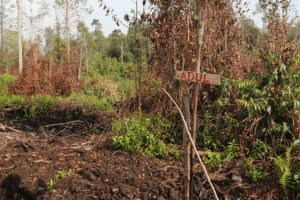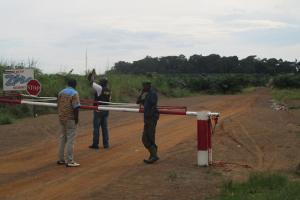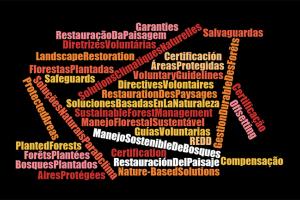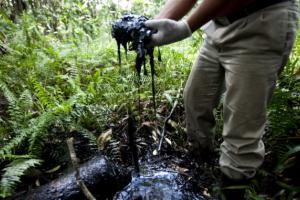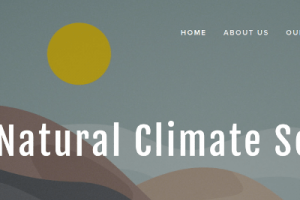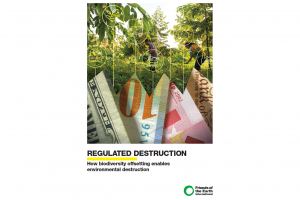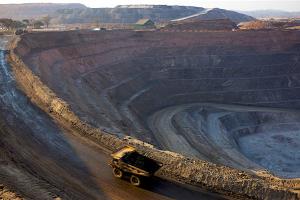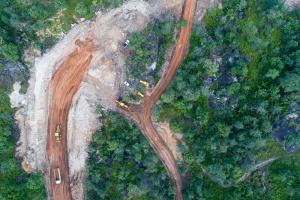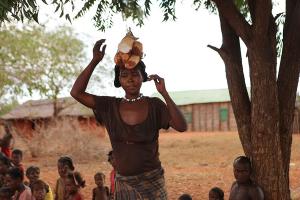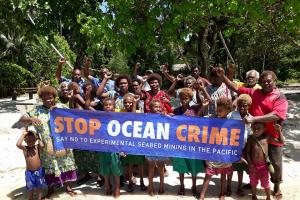Biodiversity Offsetting
The promise to offset biodiversity destruction opens the door for corporations to obtain funding and access land which would otherwise be off limits for large-scale destruction. Promises to recreate or protect habitat of "equivalent" ecological value elsewhere is even opening up protected areas and World Heritage Sites to corporate destruction. Biodiversity offsets therefore create double destruction and exploitation, since corporations control both the territories affected by industrial activities as well as those targeted for offset projects.
Oil multinational Shell claims that it is possible that consumers drive “carbon neutral”, simply by paying extra for offsetting their emissions - planting trees or investing in existing forest areas elsewhere. But what is happening in those areas elsewhere? (Available in Indonesian).
What are the experiences of communities living inside or adjacent to the plantation areas of companies with “zero deforestation” pledges? How can these companies continue expanding without deforesting in densely forested countries?
Language is never neutral. Certain concepts have historically been used to dominate people and territories. This article highlights concepts that are usually presented in a positive light but that actually serve economic interests that harm forests and communities.
The control of genetic resources (non-human living organisms that humans can make use of) through property rights has caused a massive theft of forest peoples’ knowledge. A project called the Earth Bank of Codes aims for a global seizure of life for capital accumulation.
The UN and conservation industry discourse and propaganda over REDD+ changed to a new forest conservation fad at the UN climate negotiations in December: Nature-Based-Solutions. Another false solution that distracts from the urgent task to keep fossil fuels in the ground.
This bulletin highlights threats involved in the so-called “energy transition,” and exposes its dirty secret of exponential expansion of mining in the global South as a consequence of the massive demand for “green” energy.
An oxymoron describes "a statement that seems to say two opposite things." The World Bank has a lot of experience with oxymoronic initiatives.
Australian company Base Resources was allowed to destroy the Mikea Forest as long as it established an offset project, which, in turn, would impose far-reaching restrictions on communities to access their land and forests.
Governments and transnational corporations backed up by multilateral financial institutions, together with Pacific Island nations, are racing to divide up the ocean under the narratives of so-called sustainable Blue Economy and Blue Growth, to justify its exploitation.
